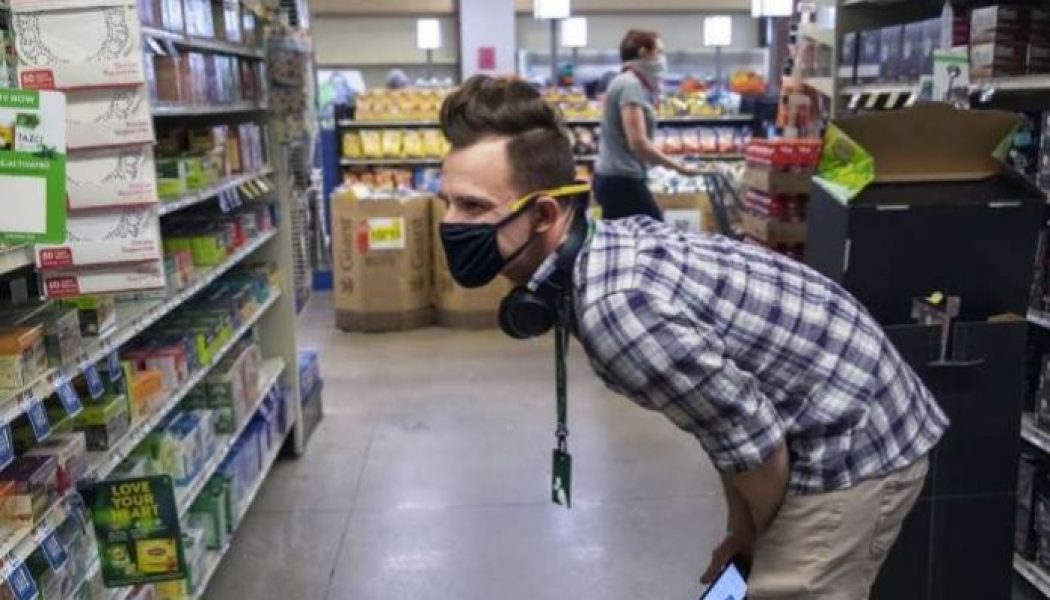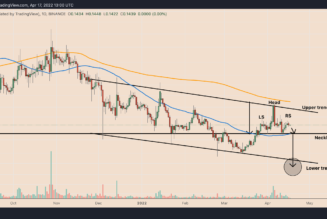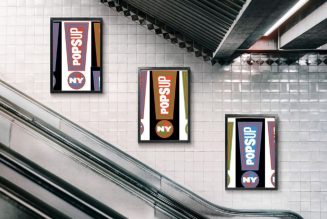
Instacart’s tipping system is getting some new scrutiny from Congress. In a pair of letters today, a group of senators led by Sen. Brian Schatz (D-HI) raised concerns that the service’s tipping system may be unfair or deceptive and called for a regulatory investigation of the practice.
One letter sent to Instacart CEO Apoorva Mehta took the service to task for allowing buyers to promise large tips but reduce them to zero after an order is fulfilled. “People are facing unprecedented economic hardship because of the COVID-19 pandemic,” the senators wrote, “and so we hope online delivery companies like yours are taking the necessary steps to protect shoppers and prevent unfair and deceptive practices.”
Reached for comment, Instacart defended the system, arguing that it typically increases the volume of tips and that overall shopper earnings have increased as a result. “Our goal is to deliver a high-quality experience for both customers and shoppers,” a representative wrote. “By allowing customers to tip after delivery based on their overall service, we see shopper tips increase or stay the same on 99.5% of orders. Tips are always separate from any Instacart earnings and all tips go directly to the shopper.”
A recent Verge investigation found the practice was a widespread complaint among shoppers who also had significant difficulty receiving the sick pay promised by the company.
The senators also called for a possible investigation into the tipping system in a letter to the Federal Trade Commission, which regulates against unfair business practices.
“Congress intentionally provided broad authority… so that the FTC could address new and emerging market practices that may constitute unfair and deceptive practices,” the senators wrote. “Particularly in light of the COVID-19 pandemic and the unique risks that online delivery shoppers are taking, we believe the tipping policy at Instacart and other similar companies deserve scrutiny.”
Instacart has seen huge success in recent months, as shelter-in-place orders have made conventional grocery trips more dangerous. The app is on pace to process more than $35 billion in sales this year and plans to more than triple its workforce of gig shoppers.








